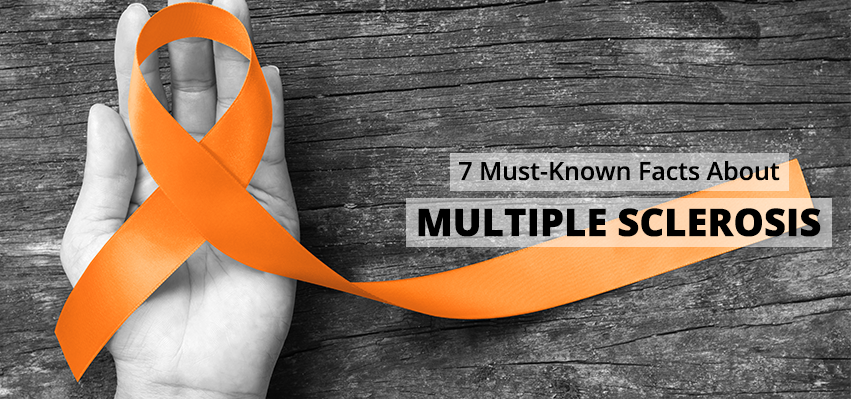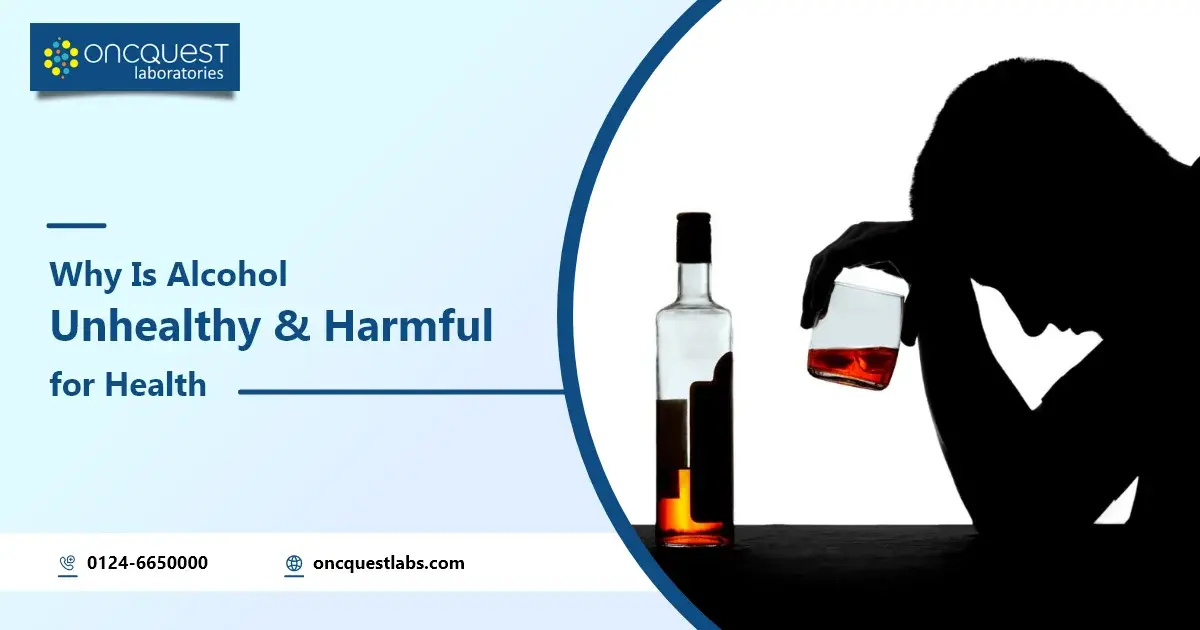Multiple Sclerosis or MS is a neurological disease that affects your brain and spinal cord. If your age is between 20-40, now is the time to become more aware of this chronic and incurable disease. Here are 7 facts that you should know:
- MS is also known as an autoimmune disease because the immune system mistakenly attacks the protective covering around the nerves known as myelin.
- Since there is no cure for MS yet, it is considered as a chronic condition. However, it is not fatal. About 2 million people are affected by it worldwide and mostly have a normal life expectancy. Only a few cases may have complications that can result in shortening lifespan of a person.
- Symptoms of MS may vary from person to person, however, some common symptoms are:
- Vision problems
- Numbness in the face, arms, legs and fingers
- Chronic pain and involuntary muscle spasms
- Fatigue and weakness
- Balance problems and dizziness
- Bladder dysfunction
- Cognitive problems
- There are four types of MS, the most common being relapsing-remitting MS. A relapse is when a person experiences a sudden outbreak of symptoms. While in remission a person experiences no symptoms. Episodes of remission last for a week and could stretch to years.
- MS not only damages your nerves, but also your critical thinking and cognitive skills. People suffering from MS have difficulty in storing memories and finding the right words to express themselves. Other problems include lack of concentration and attention, loss of problem-solving skills and spatial relations etc.
- People with MS are advised to stay in cool places because of their intolerance towards heat.
- Studies show that there is a strong link between MS and Vitamin D. This powerful nutrient can act as a protector against MS, and can also lead to fewer relapses in people who already have this disease. Include milk, orange juice, cereals, cod liver oil, salmon, tuna and eggs in your diet which are a great source of Vitamin D.
MS is a silent and an unpredictable disease whose effects differs person to person. A solid support system of medical professionals, friends and family can help you cope with this chronic illness. Treatment at the right time can minimize relapses and help you live your life to the fullest.





